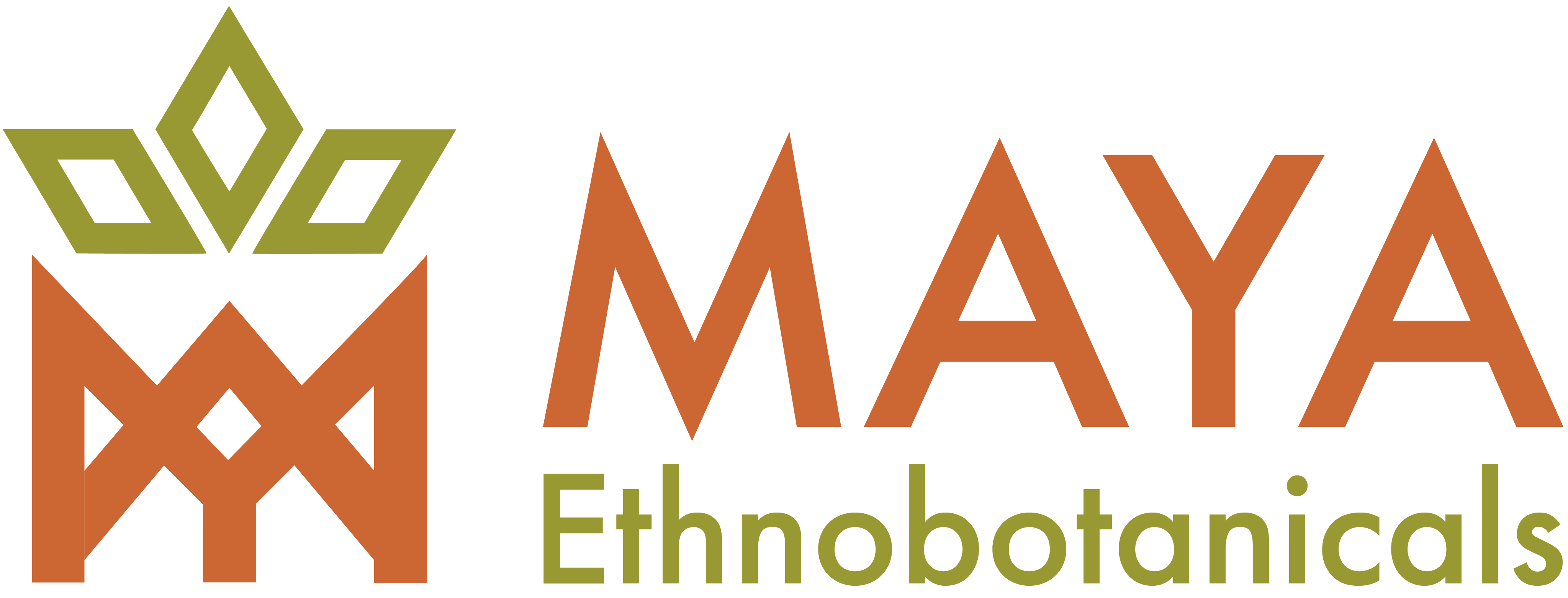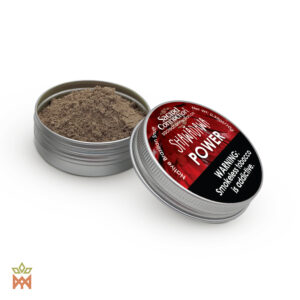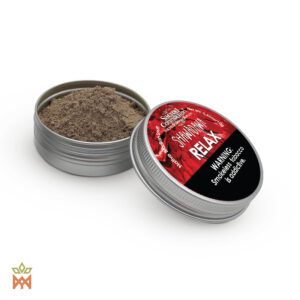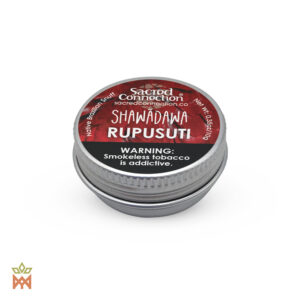Showing all 5 results
- Price range: € 20,00 through € 90,00 Incl. VATSelect options This product has multiple variants. The options may be chosen on the product page
- € 20,00 Incl. VATSelect options This product has multiple variants. The options may be chosen on the product page
- € 20,00 Incl. VATSelect options This product has multiple variants. The options may be chosen on the product page
- € 20,00 Incl. VATSelect options This product has multiple variants. The options may be chosen on the product page
- Price range: € 20,00 through € 90,00 Incl. VATSelect options This product has multiple variants. The options may be chosen on the product page
Showing all 5 results
Who are the Shawãdawa Arara?
Their history, culture, and spiritual traditions are deeply intertwined with the rich biodiversity of the Amazon basin, and they have long been stewards of the land they inhabit.
https://youtu.be/xjPvxP1VaHE
Shawãdawa History and Origins
The Shawãdawa people belong to the Pano linguistic family, one of the largest indigenous language groups in South America. Their ancestors have inhabited the Amazon rainforest for centuries, living in harmony with nature and practicing traditional subsistence activities such as hunting, fishing, and gathering.
Like many indigenous tribes in the region, the Shawãdawa have faced significant challenges throughout their history, including colonization, disease, and encroachment on their ancestral lands. The arrival of European settlers in the 19th and 20th centuries brought about profound changes to their way of life, leading to cultural disruptions and loss of territory.
Despite these challenges, the Shawãwa have persevered, maintaining a strong connection to their cultural heritage and ancestral traditions. Today, they continue to assert their rights to land, self-determination, and cultural preservation in the face of ongoing threats from deforestation, mining, and other forms of environmental destruction.
Rapé and Shamanism
Central to Shawãdawa culture is their practice of shamanism, a spiritual tradition that encompasses healing, ritual, and connection with the spirit world. Shamans, known as Pajés, play a vital role in Shawãwa society, serving as healers, mediators, and guardians of traditional knowledge.
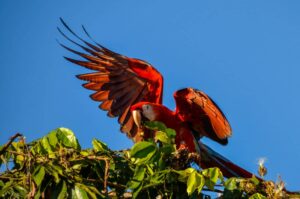
One of the most sacred and revered practices within Shawãdawa shamanism is the use of Rapé, a traditional snuff made from powdered tobacco and other medicinal plants. Rapé is administered by shamans during healing ceremonies and spiritual rituals, where it is blown into the nostrils of participants using a special pipe or applicator.
Rapé is believed to have powerful healing and purifying properties, both physically and energetically. It is used to clear the mind, balance the emotions, and cleanse the body of toxins and negative energies. The experience of receiving Rapé is often described as deeply transformative, leading to enhanced clarity, insight, and spiritual connection.
Shawã Kaya and Cultural Preservation
Our partner Shawã kaya is a respected elder and spiritual leader within the Shawãdawa community, dedicated to the preservation and revitalization of their cultural heritage. Through his work, he seeks to ensure that traditional knowledge, practices, and teachings are passed down to future generations.
Shawã kaya is deeply knowledgeable about the medicinal plants of the Amazon rainforest and the spiritual traditions of his people. He serves as a mentor and guide to younger members of the community, teaching them the ways of the Pajé and imparting wisdom gained from a lifetime of experience.
In addition to his role as a spiritual leader, Shawã kaya is also actively involved in advocacy and activism on behalf of the Shawãdawa people. He works tirelessly to protect their ancestral lands from encroachment, advocating for indigenous rights and environmental conservation at local, national, and international levels.
Through his leadership and vision, Shawã kaya is helping to ensure that the Shawãdawa continue to thrive as a vibrant and resilient indigenous community. His efforts to preserve their cultural heritage and protect their territory serve as a powerful example of indigenous resistance and resilience in the face of ongoing threats and challenges.
Conclusion
The Shawãdawa, also known as the Arara, are a resilient indigenous tribe with a rich cultural heritage and deep spiritual traditions. Despite more then a century of adversity, they continue to uphold their ancestral way of life, drawing strength from the land, the forest, and the wisdom of their elders.
Through practices such as shamanism and the use of Rapé, the Shawãwa maintain a profound connection to the natural world and the spiritual forces that inhabit it. Their traditions are a testament to the enduring power of indigenous knowledge and the importance of preserving cultural diversity in an ever-changing world.
With the guidance and leadership of individuals like Shawã kaya, the Shawãdawa people are working to ensure that their culture, traditions, and way of life will endure for generations to come. As guardians of the Amazon rainforest and custodians of ancient wisdom, they offer valuable lessons in resilience, sustainability, and the profound interconnectedness of all living beings.
